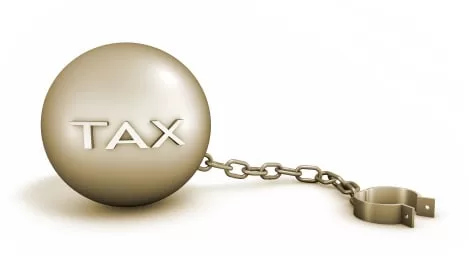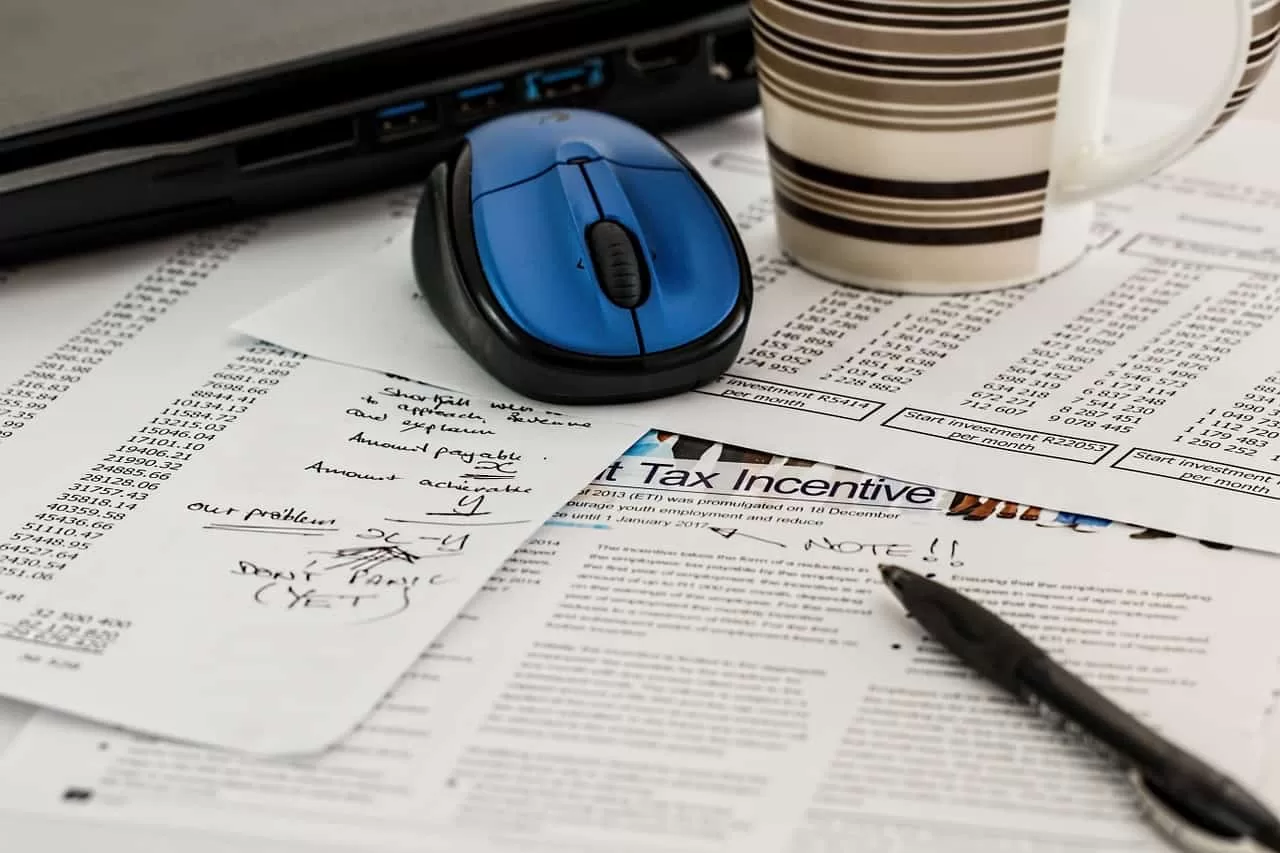The answer to the question of whether you should fear the IRS depends on what you are doing to resolve your tax debt. If you are filing your returns, hiring a professional, and participating in the process, then you don’t need to fear the IRS. If you are ignoring the issue and hoping it will go away, then yes, you should fear the IRS.
The IRS is a very powerful collection agency and they will empty your bank accounts, show up at your home or work without notice, and seize your paycheck and Social Security payments just because they can. Unless you are working with them, they are your enemy… one that is far more experienced in battle than you.
I suggest those with significant tax debts, say over $25,000, hire a professional to fight on their behalf. The IRS has a well-deserved image of being ruthless and, I can tell you from a decade of experience, that they take advantage of the uninformed. Those who fear the IRS don’t know the process to make to gain an advantage.
Collection Due Process Hearing
For example, unless you know that you have the right to a Collection Due Process Hearing, or to bring in the collector’s manager to resolve a dispute, you will be left to the mercy of whoever is assigned to your case. Unless you know that you have 90 days to file a Tax Court petition in certain circumstances, and also know how to file that petition, you might lose out on a refund or other remedy. Unless you have a solid understanding of the collection statute of limitations and your rights when it comes to wage and bank levies, you are at a significant disadvantage. In that case, you should fear the IRS.
The bottom line is that the IRS is a very scary agency whose computers are connected to every other agency and into the world banking system. They will eventually track you down and grab whatever you leave hanging out there for them to seize. Cash in the bank is like a pie cooling on a windowsill to an IRS agent.
If you are not participating in the collection process, and you don’t hire someone to deal with them on your behalf, you should fear the IRS. Remember that they can also seize any business assets and your home. The IRS will not hesitate to close down your business, especially if you owe payroll taxes. In the most severe cases, they will force the sale of your home at auction.
One reason we fear the IRS is because the government wants us to be afraid, be very afraid, of the great collector. This fear brings in billions of cash and causes Americans to pay up without the IRS ever lifting a finger to collect.
The primary reason we fear the IRS is all of the stories we hear in the news about people going to jail for not paying their “fair” share. In March and April, these stories get into every newspaper, magazine, periodical and TV newscast. And these stories don’t just show up by accident. They come from press releases that the IRS posts to its website and pushes out to the various news outlets.
CONCEIVE, BELIEVE, ACHIEVE: MAKING YOUR BUSINESS DREAM A REALITY
We fear the IRS because the IRS promotes fear. In fact, 71% of the press releases the IRS sends out promoting the fact that it has put someone in jail come out in the weeks before the tax filing deadlines. The government even postpones criminal cases and sentencing that they think they will win until early April. Of course, if there is a case they are going to lose, you can rest assured that it will be postponed until May.
So, should you fear the IRS? If you have a significant tax debt and your plan is to ignore the problem until something bad happens, then the answer is yes. The IRS won’t just send a note asking you to pay. They will empty your bank account and leave you to beg for the money back.
In most situations, if you are proactive, or have an expert representing you, there is no need to fear the IRS. At the end of the day, you will get a payment agreement or maybe an Offer in Compromise, and put the matter behind you.
What’s Next?
Let’s face it, taxes for expats and the offshore markets is specialized information that your mom and pop accountant down the street is not going to understand. Speak with our CPA if you are serious about reducing your tax obligations and always staying compliant – click here to find out more.










